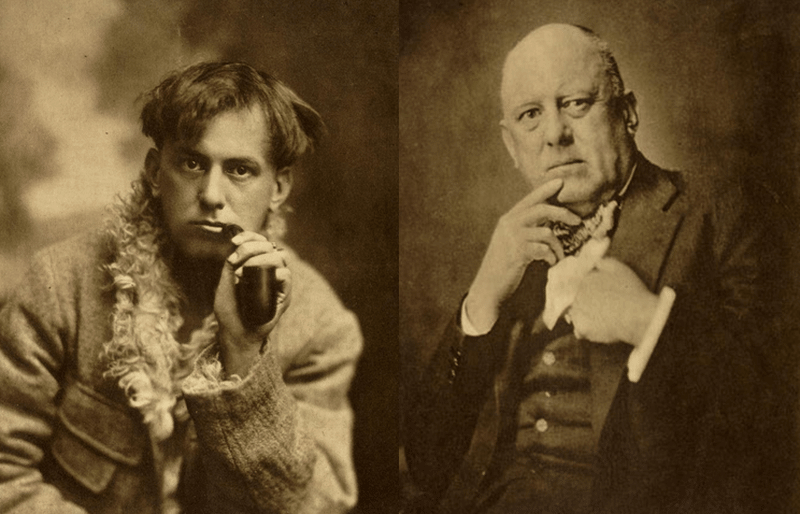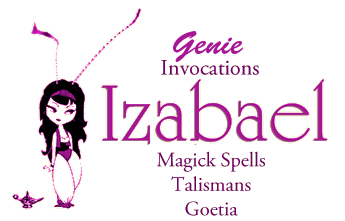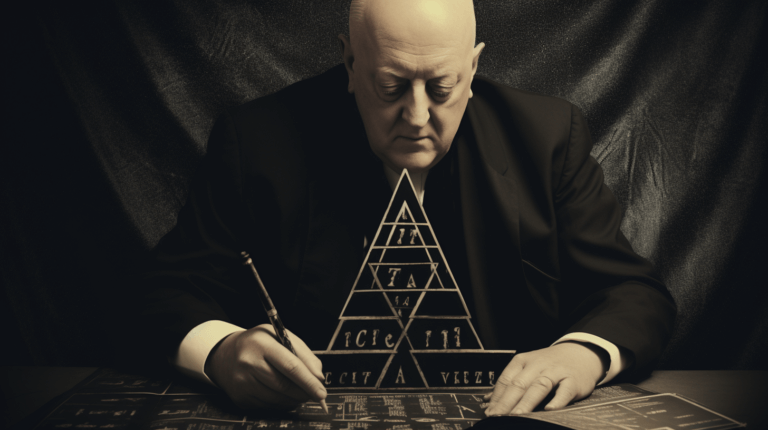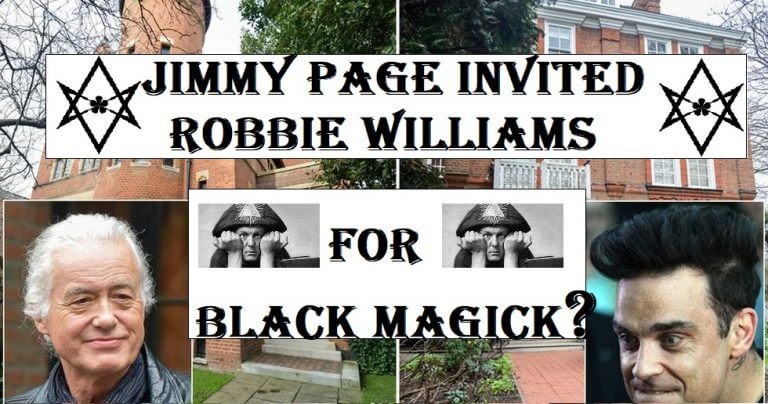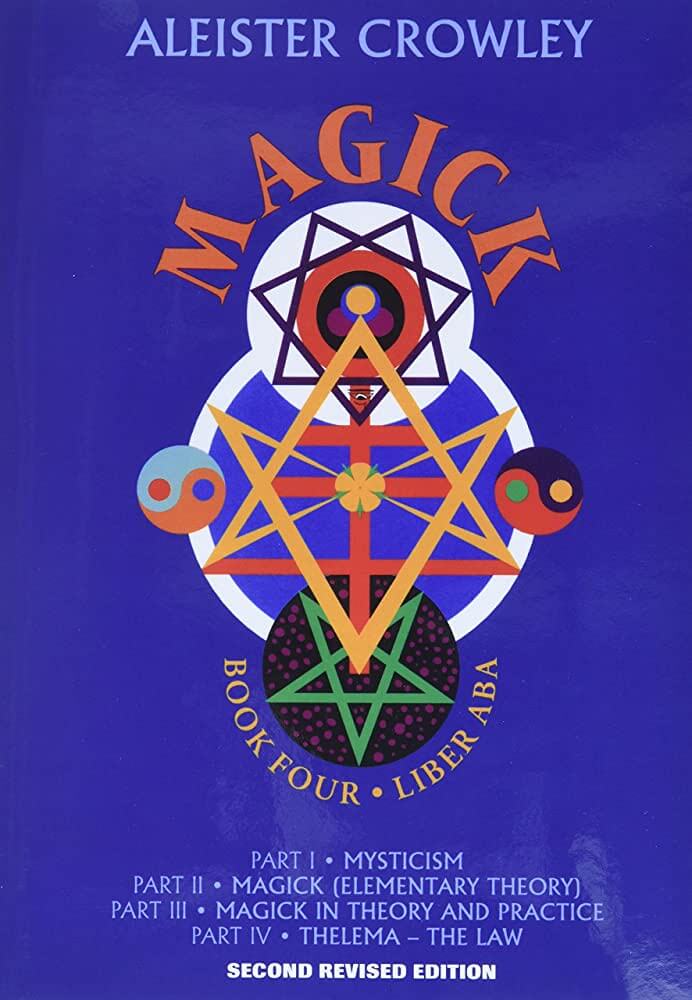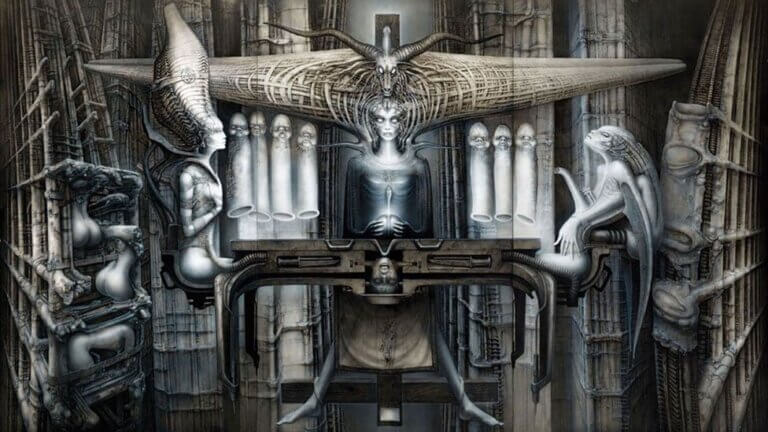THE LIFE OF ALEISTER CROWLEY
Aleister Crowley was a popular English occultist, poet, magician, painter, mountaineer, and novelist. He was the founder and a prophet of Thelema, a region which he founded. He was born in 1875 in a rich family and went to Trinity College at Cambridge. During his lifetime, Crowley made many trips to various parts of the world including America, Egypt, Mexico, France, Australia, and other countries.
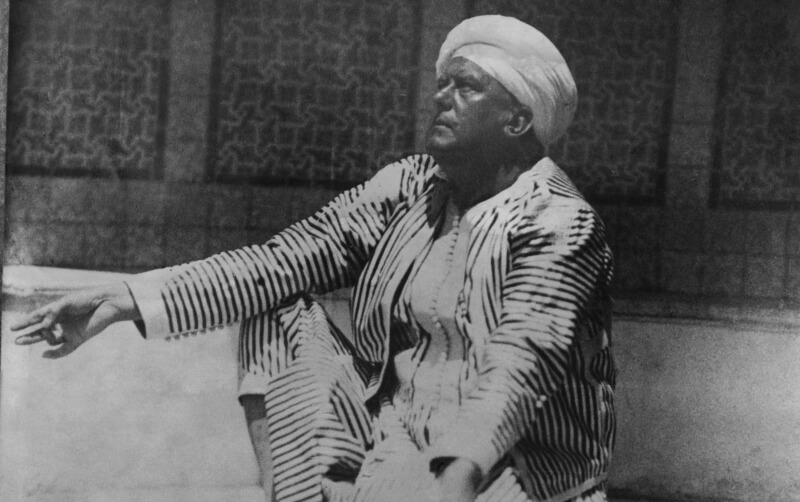
No doubt, Aleister Crowley was and is still an influential personality in the world of the occult as well as esoteric groups. His major influence came after joining those groups and rising steadily to extent of becoming a leader. He even went ahead and founded his esoteric group bringing more impact on his popularity. Esotericism is better understood as being about deep knowledge for a humble group of people, normally about the occult, spiritual, and mythical ideas. With these groups and his power to write, Crowley successfully spread the Thelema religion. He spent the whole of his time doing these and particularly writing. Due to his strange nature, Crowley was regarded as a very questionable figure and that earned him the title “the wickedest man in the world”. This was also derived from his conduct on sexuality, drugs, and his general views on social norms. Nevertheless, he maintained that everything he did was for the better.
Just like most of the critics of the 19th century, Aleister Crowley was so much involved in occultism than anything else in his life. In 1898 he became part of the Hermetic Order of the Golden Dawn that was an organization originating from the Rosicrucians. William Butler Yeats, a poet became one of his rivals among the London Golden Dawn group. In 1904, on his trip to Egypt, Crowley announced mystical occurrences; as a result, writing a prose poem which he maintained had been directed to him by Aiwass, a discarnate. This is where is established his well-known schooling, “Do what thou wilt shall be the whole of the law.” Although the sentiment was not new to the world of the occult as it was already been expressed by authors former authors like François Rabelais, Crowley popularized it and made it the core of Thelema- the new religion.
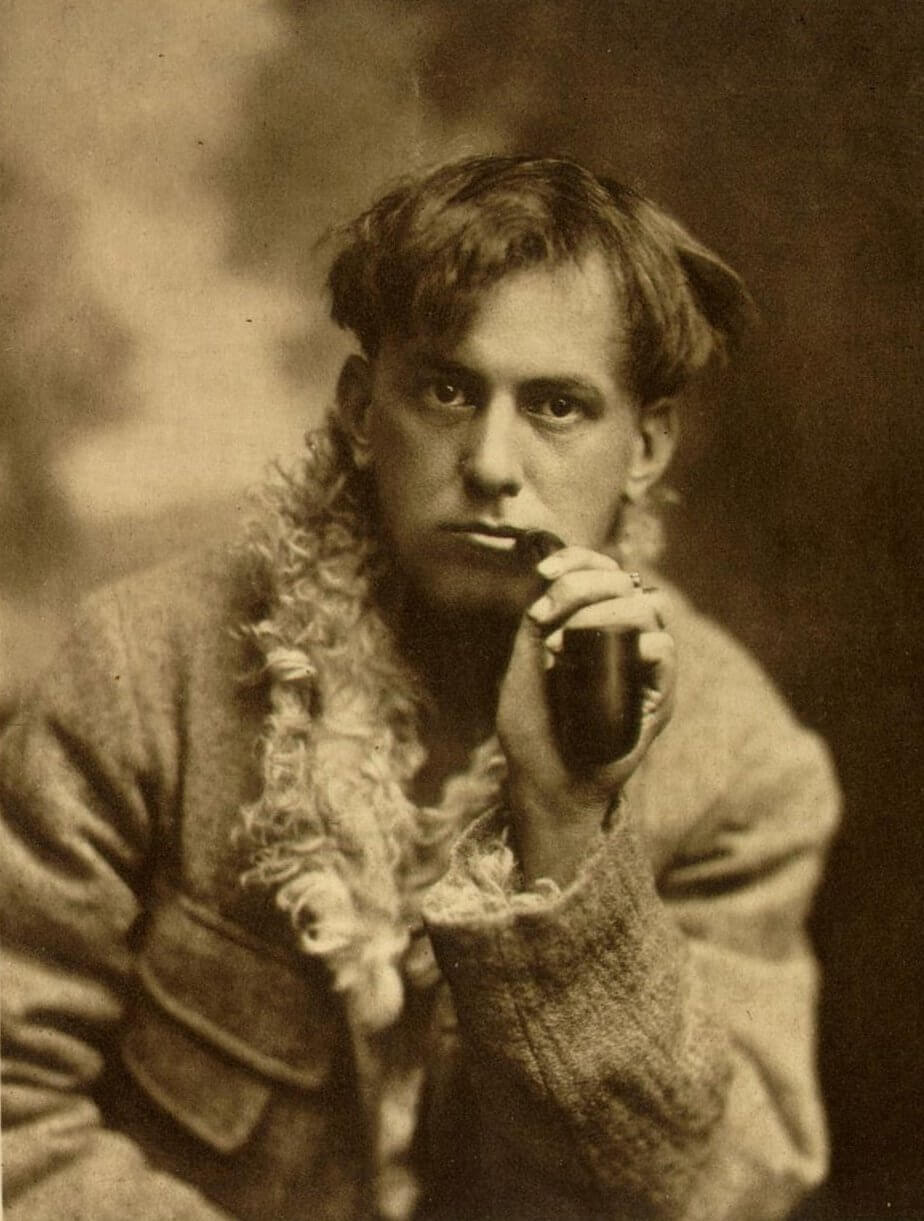
Crowley was so popular that at the time of World War I while residing in the United States, he made major contributions to The Fatherland- a pro-German newspaper. When the World War ended, he went to a place on the Italian island (Cefalù), transformed a house into a sanctum, and went ahead to name it Abbey of Thelema. It is at this time (1922) that he composed The Diary of a Drug Fiend. This was published as a novel even though it was assumed that it was based on his judgment.
Following the death of his young follower in Sicily, his influence was tainted as he was considered responsible for the incident. Crowley strongly defended himself saying that his work was good since it freed people from worldly dictates and opened up real spiritual practice He then unceremoniously flew out of Italy in 1923. In the 1930s, after exhausting his heritage on travel and extravagances, he went back to England. Even after this, he continued with his contribution to magic and occultism by interpreting the brand-new tarot card deck (The Thoth) that he had produced in collaboration with Frieda Harris, the artist.
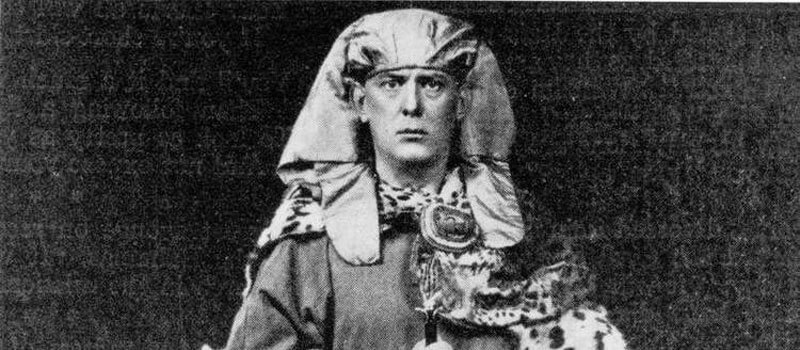
Crowley has been a pillar for spell casting and related beliefs. He is also a highly prominent person over Western esotericism as well as the counterculture. He is still regarded as a prophet and a subject of different academic studies and biographies in which many spell casters rely on. He was placed seventy-third in the record of the top 100 greatest Britons by a BBC poll conducted in 2002 further affirming his impact on occultists and in popular culture.
He also had influenced various Western esoteric traditions apart from the Thelema with Djurdjevic describing his contribution to the twentieth-century and modern esotericism as enormous. For example, two well-known personalities, Michael Aquino and Anton LaVey were influenced by his work.
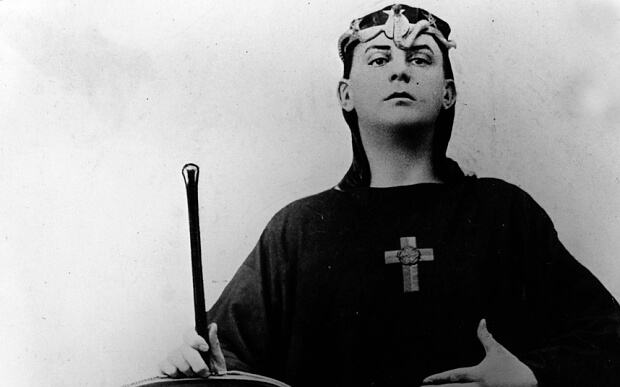
Although Aleister Crowley started to receive scholarly recognition in the late 1990s, many contemporary spell casters still value and use his work as the basis of their practices. It is, therefore, not far from the truth that even with some criticism of Crowley, his work remains a pillar and positively impacts the work of magic and spell casting.
